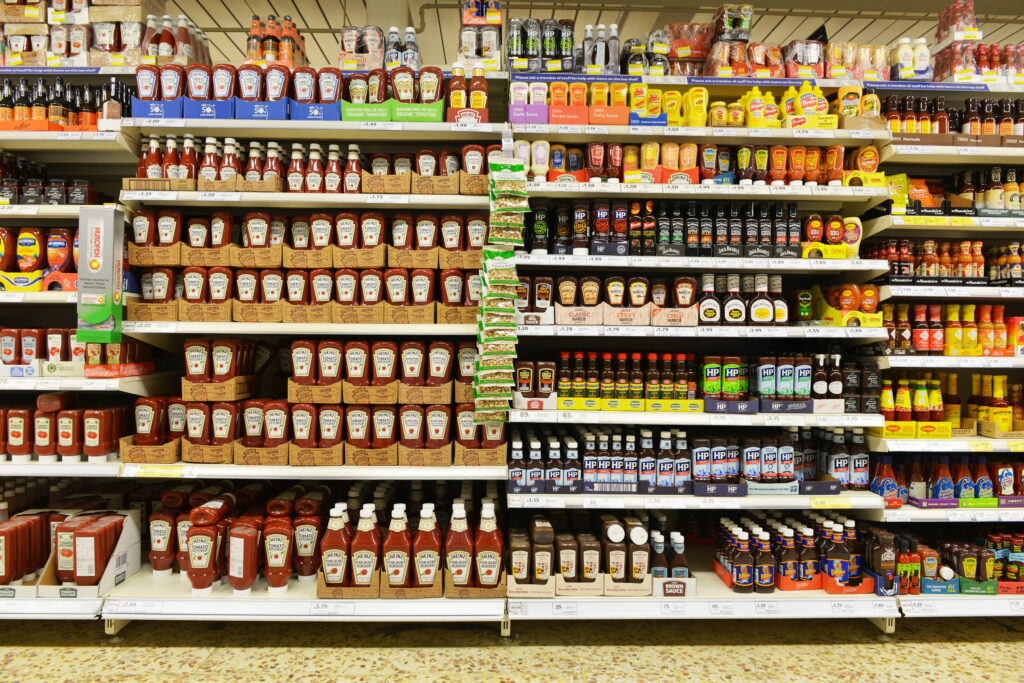But, Mr Turner (pictured below) was certainly no stranger to the requirements of the market his new organisation was operating in. A chartered engineer with a strong background in manufacturing in the packaging sector he was previously a non-executive board director of Coca-Cola and Schweppes Beverages where he had served as both purchasing director and manufacturing director.
Experience in the sector gave him a sharp awareness of the need to be competitive, especially as Valpak suddenly faced competition from other compliance schemes, at a time when many of its founders had expected it to be the sole organisation of its type. On his appointment he noted: “The size of our membership gives us a major influence in this new market and we are ready to respond to that opportunity.”
Valpak was the first compliance scheme set up to ensure its members achieved their obligations under the packaging waste regulations. Its membership list remains undisclosed but includes household names such as Bass plc, Nestle, J Sainsbury, Gallahers, Procter & Gamble, Tesco and Mars.
Mr Turner says that Valpak's role is clear: “There is a job to be done.” On his own style, he plays down his strong leadership and emphasises that Valpak is very much a company where everyone plays their part: “I have a fantastic team and they don't need a lot of pushing and shoving. I can definitely say this is the best team I ever had.”
And, Mr Turner says he is very proud of Valpak as an organisation and in what it has achieved. “When you look back at how things started off, we got blamed as a government organisation and as the inventor of the PRN. Our founders, VWrag were just a group of people trying to fight a common cause. Then there was a single scheme plan and so Valpak were first in the market.”
Low cost
The work of Valpak, says Mr Turner, has contributed to the successful low cost achievement of the regulations' aims in the UK. And, this can be seen in the number of businesses that have joined up and the fact that it has a 60% share of the market. “We are gaining members all the time and are 500 up on last year and only half were in the £2-5 million turnover bracket. Our membership stands at 3,250 now.”
“It is important to realise that we [the UK] have done very well, from recovering 3 million tonnes to start up with, up to 3.9 million now.” And surprisingly, he considers that the situation with plastics – a material which many see as facing the toughest challenge in meeting recycling targets – isn't too bad.A lot of Valpak's activities centre on getting the data right and procurement of material and PRNs. But Mr Turner defends vigorously the organisation's costs in doing this, in the face of some criticism that the scheme operates from prestige London offices.
Valpak last year had a £25 million turnover, down considerably from 1998 at £45 million although the £45 million figure could be reached again this year as PRN values rise. This was at the same operating cost as in 1998 with 60% more tonnage and 1,000 more members.
As for PRNs, while many have cried foul when PRNs are mentioned, both men consider that the system has worked well.
Mr Turner emphasises that the PRN system has helped Valpak in terms of cost and in delivering its role of compliance to members. Asked whether there is more to Valpak's role than simply obtaining compliance cheaply for members, he says that there is but it has to be done “at a sensible cost.”
PRN values
Mr Turner says that in the past Valpak has not been driving the values of PRNs down, the reason for low prices was more that the data was inaccurate and Graeme Carus, director of operations, says that PRNs should “be at the lowest practical level to support the target.”
In a tight market and balanced market, Mr Turner believes this approach: “should be fine. People should ask themselves what are the alternatives. Look at the UK's compliance costs, 1998 £75 million, 1999 £50 million, 2000 £50 million and maybe £75 million this year. Compare that to the European guys and PRNs are a corking system.”
And he sums up what packaging waste means for many obligated businesses: “The bottom line for industry is that they are only interested in the cost.”
2001 targets
This year is deadline year for the packaging waste regulations and Valpak, says Mr Carus, has been planning for them for a long time.
Mr Turner believes that “if everybody plays their part, there is a good chance things will come out well in the end which would be a fantastic achievement for everyone involved and it's been done at a sensible cost.”
Such is the sensitivity of Valpak towards the future values of PRNs that both men are keeping their cards close to their chest. Nevertheless, they agree that there will be considerably more activity in the second half of the year and there should be a rise in value, “a stiffening in the market”.
What Valpak is concerned about is whether the Environment Agency will be able to ensure that all obligated businesses act to ensure they are going to comply, if they don't there is a danger that the UK might not meet the targets.
The picture beyond 2001 remains uncertain because the government is still to say what targets it will set for next year as the EU is still to reveal its intentions for the rest of the decade. Nevertheless, targets will rise and Mr Turner points to studies circulating in the Commission that suggest there will be higher targets all round with different targets for different materials.On the political front Mr Turner believes that UK businesses have been helped because the government has been keen to hear all views.
What is not a political matter, he says, was the appointment of former environment secretary John Gummer as chairman of Valpak. The very politician who got industry to agree to the packaging waste system was not the most obvious of moves. Add to that the fact that the UK has a Labour government, having a former Tory Environment Secretary as non-executive chairman could be seen as less than logical.
Mr Turner will have no truck with such views. “Our appointment of John Gummer has nothing to do with political hue. He is a great asset and knows the subject inside out, giving us lots of advice.” (pictured left, Mr Gummer launching a Valpak bottle recycling scheme in Huddersfield)
End-of-life vehicles
Mr Turner is well aware that packaging is only one area in which producer responsibility is being introduced and his team are closely monitoring other directives including the one covering end-of-life vehicles (ELVs). The government is in the process of working out how it will be implemented in the UK and it seems clear that Valpak sees involvement with the ELV directive as a natural progression of its current activities.
Valpak, says Mr Turner, is currently talking to various people within the car industry.
It would make sense for Valpak to get involved, reasons Mr Carus. “We already do a data round every year and do know a lot of people in the vehicle industry. There is the need for an annual audit cycle and we have the experience, skills and the administration.”
Mr Turner is clear about the opportunity: “There is a directive in position. Now this government has by 2002 to get the regulations together and this is nothing different from what we do with packaging.
“This could involve a VRN,” he adds, explaining that as industry and government go through the process of looking at the directive, a close look is being paid to how the system would be funded.
“Somehow or other the extra costs of stripping vehicles would have to be met and car companies are trying to get to grips with the issue.”
Mayer Parry
With some 60% of the UK metals recycling industry covered by two large metal recyclers, EMR (which bought Mayer Parry last year) and Sims Metal, a link with the two businesses could be critical. Valpak backed the legal challenge against Mayer Parry issuing PRNs last autumn. But, Mr Carus says this will not prejudice any talks with the company over vehicles and producer responsibility and that he understands that Mayer Parry has to protect its business interests on the packaging front. He adds: “We have a commercial and mature relationship with Mayer Parry.”
Mr Turner says the issue with ELVs is “whether the car companies want to deal with them directly or whether they have a third party manage the system for themselves – cars are cars.
“If you have Vauxhall, it is the same as Coca Cola.” And, he suggests that the approach in the UK should not restrict manufacturers to having to obtain a VRN for their own make of cars but that any car could be collected and a VRN issued on it. Says Mr Turner: “It is the obvious next step.”
And, there is also, notes Mr Carus, a crossover with the reprocessing industry under the packaging waste regulations. “With rigid plastic there could be joined up thinking.”
Valpak is “very much looking forward to such opportunities”.









Subscribe for free